Expanding Biopolymer Formulation Development Via Novel Data Sets

The Linus Group recently published its 2024 State of Science Survey based on the responses from 398 scientists, and two critical areas were listed among the top scientific priorities in 2024:
- Adopting new techniques to acquire novel data.
- Processing more samples to generate data.
Let’s explore how ARGEN aligns with these two key priorities.
ARGEN is a robust platform that can expand biopolymer formulation development efforts via novel data sets. The precision instrument addresses key challenges in biopolymer research by offering in-situ, real-time stability monitoring, manufacturing stress modelling, shelf-life determination, and rapid parallel analysis, leading to more efficient and effective formulation development.
Adopting New Technologies to Acquire Novel Data
ARGEN is analogous to having multiple static light scattering instruments integrated into one platform and was developed for scientists by scientists. Unique in-situ and real-time stability monitoring produces novel data sets that are pivotal to characterizing solution behavior and colloidal stability of targets. In an industry where stability is central to success, the ability to monitor aggregation and degradation under various chemical, mechanical, and thermal stress conditions for up to 16 samples at the same time is invaluable for reducing time and resources necessary to identify optimal candidates.
ARGEN’s sensitivity to changes in molecular weight permits the kinetic characterization of lower to higher order oligomeric state transitions in real-time. In contrast, traditional techniques, such as size-exclusion chromatography (SEC), provide a ‘snapshot’ of particle size distributions post-facto. Additionally, shear forces created during elution and nonspecific interactions of the biopolymer with SEC resin may disrupt loosely associated aggregates, preventing an accurate analysis.
Processing More Samples to Generate More Data
The acquisition of more data often translates into a more robust understanding of how a drug will perform. ARGEN’s parallel analysis provides researchers with the ability to analyze multiple samples simultaneously, yielding more data in less time. This efficiency means that scientists can rapidly screen through potential candidates to identify optimal formulations.
Finally, ARGEN can provide insights into solution behavior and stability at low temperatures (4°C-8°C), which is useful in predicting the shelf-life of a biopharmaceutical. In summary, ARGEN is a one-stop-shop that provides a comprehensive stability landscape, permitting the optimization of biologic candidates from pre-formulation to manufacturing.
Connect with Yokogawa Fluence Analytics Today!

